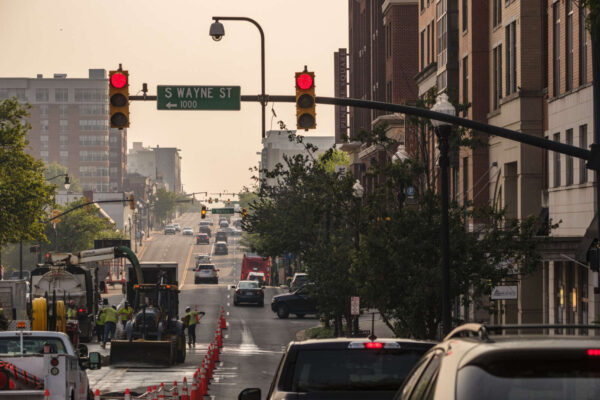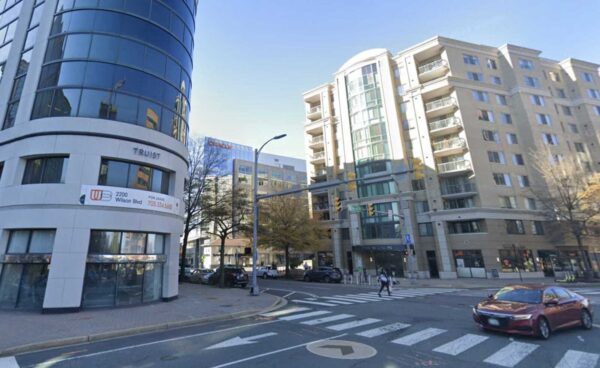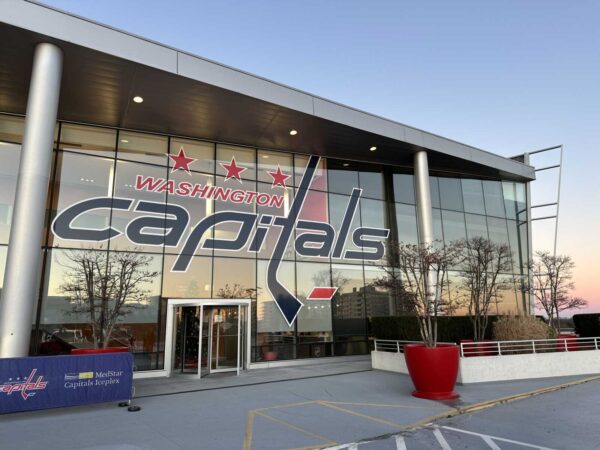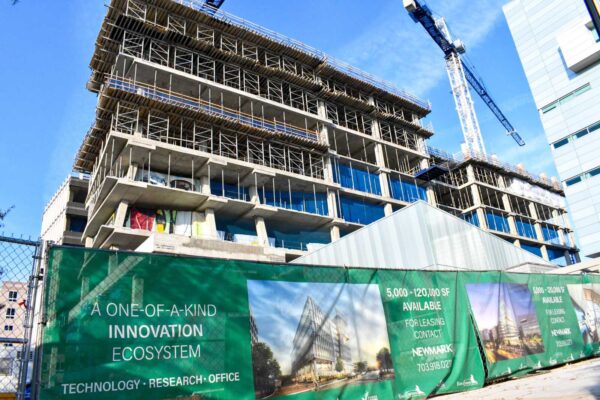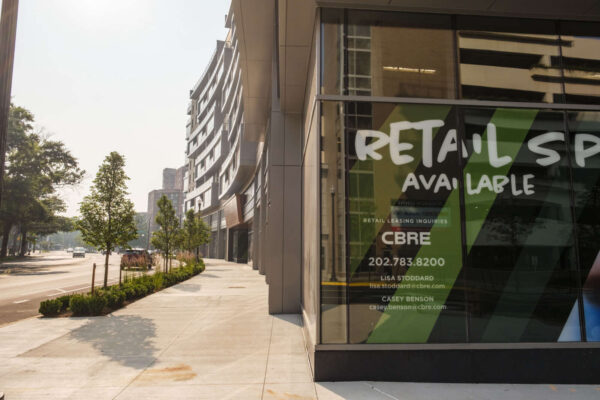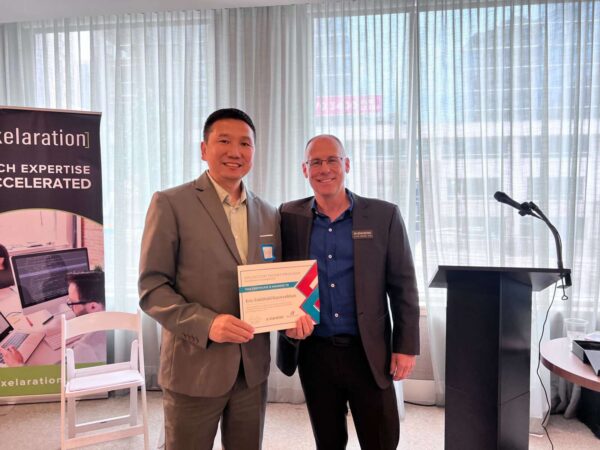Arlington has landed the headquarters of another publicly traded company.
Arlington County and Gov. Glenn Youngkin announced Tuesday evening that CoStar Group will be moving its corporate headquarters from D.C. to the Central Place building in Rosslyn. The Washington Business Journal previously reported that the company was nearing a deal to buy the office tower, describing the impending move as “another blow to downtown D.C.”



